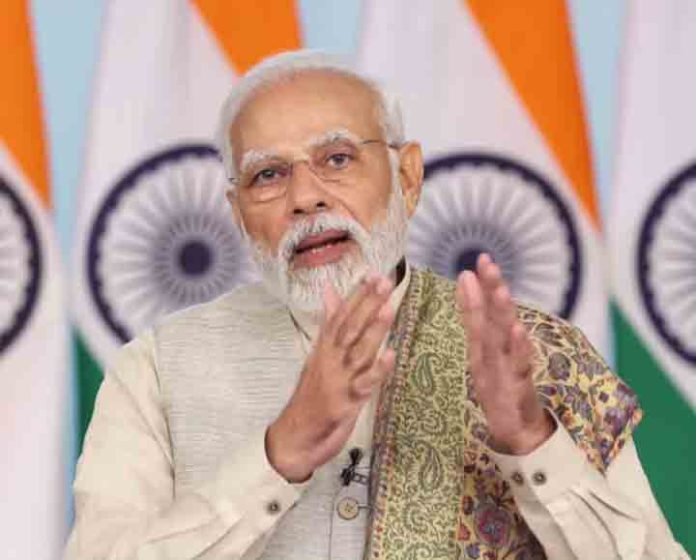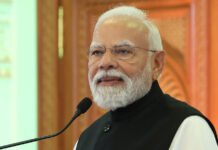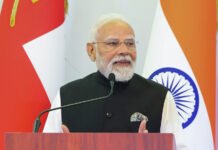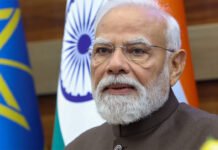Prime Minister Narendra Modi will visit Bhutan next week to inaugurate a series of major hydropower projects and review cross-border railway developments, underscoring India’s deepening engagement with the Himalayan kingdom.
According to official sources, the visit will include the joint inauguration of the 1,020 MW Punatsangchhu-II hydropower project, a symbol of India-Bhutan energy cooperation, along with progress reviews of the Gelephu–Assam rail corridor, which aims to boost trade and mobility across the eastern frontier.
“This visit reaffirms India’s Neighborhood First policy and our shared vision for sustainable growth,” an MEA spokesperson said, noting that energy and connectivity remain the pillars of bilateral cooperation.
Strengthening ties through energy diplomacy
India and Bhutan share a unique friendship rooted in mutual trust, spiritual ties, and economic partnership. Hydropower has been a cornerstone of this relationship, with India purchasing surplus electricity from Bhutan while investing in new capacity to meet regional energy needs.
Officials say the upcoming projects will significantly expand Bhutan’s export potential and support India’s clean energy goals under its 2070 Net Zero roadmap.
“Bhutan’s hydropower success is India’s success too,” remarked a senior government official. “These projects exemplify regional self-reliance and green development.”
Railway links and cross-border infrastructure push
PM Modi is also expected to review progress on the proposed rail connectivity between Gelephu (Bhutan) and Kokrajhar (Assam), a strategic line intended to enhance people-to-people ties and facilitate border trade.
The Indian government has pledged technical and financial support for the project, which is part of a broader effort to improve connectivity with neighboring countries like Nepal and Bangladesh.
Geopolitical significance
Analysts view Modi’s Bhutan visit as a timely diplomatic outreach amid China’s growing influence in the Himalayan region. Strengthening infrastructure cooperation serves both as an economic catalyst and a strategic balancing act within South Asia.
“New Delhi’s engagement with Thimphu is a model for sustainable neighborhood diplomacy,” said Dr. Ananya Raghavan, a foreign policy expert. “It reflects India’s commitment to partnership without pressure.”
















